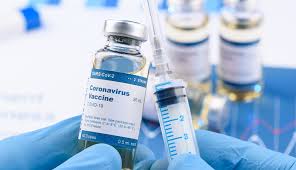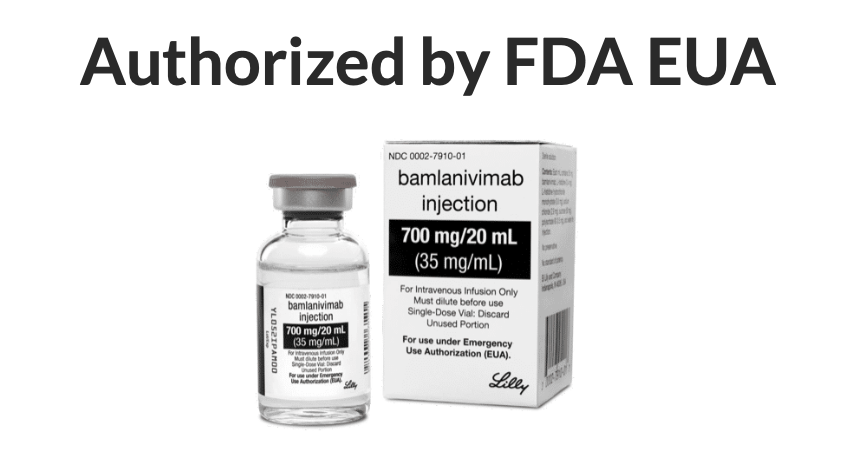Coronavirus: Vaccines and Specific Drugs Bring New Hope

Vaccines and specific drugs bring new hope
On November 9, 2020, Pfizer Inc. said that early data indicated that the COVID-19 vaccine jointly developed by the company and its German partner BioNTech may be as effective as 90%, but Pfizer also cautioned that, Research is still ongoing.
At present, 10 vaccine candidates worldwide have entered late-stage testing, and 4 vaccines are undergoing extensive research in the United States. The vaccine developed by Pfizer and its German partner BioNTech is one of them and has been submitted an emergency use application to FDA.
Another American company, Moderna Inc., also stated that it hopes to apply to the Food and Drug Administration later this month. The US Food and Drug Administration FDA has made it clear that any vaccine must be at least 50% effective. In addition, the US vaccine must be tested in at least 30,000 people.
It is difficult without a new coronavirus vaccine, and it is also difficult with a new coronavirus vaccine
- Prevent Coronavirus Spreading With Right Mask: 3 Points to Know
- Steps to help prevent the spread of COVID-19 if you are sick
- Test Kit for Coronavirus: SARS-CoV-2 Nucleic Acid Detection Kit (Rapid PCR Fluorescence Method)
- Symptoms (COVID-19)
- How does ZeroVirus protect us from virus?
Although the good news that Pfizer’s COVID-19 virus pneumonia vaccine is 90% effective has excited the stock market, experts cautioned that there are still many difficulties to overcome to vaccinate people with the new coronavirus vaccine.
1. Who Will Be Vaccinated First?
First of all, because there is still a lack of information and data, it is difficult to scientifically formulate the order of COVID-19 vaccine injection for different population groups.
Infectious disease experts pointed out that when considering the order of vaccination, it is necessary to consider not only which population group is most threatened by COVID-19 virus pneumonia, but also which population group will benefit the most from the new coronavirus vaccine.
For example, whether the first batch of COVID-19 virus pneumonia vaccines should be used by medical workers or the elderly and infirm may be a difficult choice.
2. Difficulty of Storage and Transportation
Secondly, the COVID-19 virus pneumonia vaccine developed by Pfizer has high requirements for low-temperature storage. It needs to be transported and stored in an environment of minus 70 to minus 80 degrees Celsius, while the general commercial transportation vehicle and commercial inventory environment is minus 15 degrees Celsius.
This means that special warehouses and transportation vehicles that can meet the ultra-low temperature storage environment are needed. Then, with the vaccine storage warehouse as the center, specialized personnel and vehicles will depart from there to the injection point for new coronavirus vaccine injections. You can’t expect to get things done by going to a pharmacy like getting a cold vaccination.
3. How to Distribute and Share Among the Whole Country
In addition, the current COVID-19 virus pneumonia vaccine is mainly ordered by the government from different pharmaceutical companies, and how to distribute it to the provincial government is also a challenge.
Special Drugs To Be Approved Soon

The new coronavirus pneumonia antibody therapy jointly developed by Canadian and American scientists is approved by the United States
The new coronavirus pneumonia monoclonal antibody drug jointly developed by Canadian and American scientists has obtained emergency use authorization from the U.S. Food and Drug Administration (FDA) for the treatment of mild to moderate new coronavirus infections. But Health Canada has not yet completed the approval process.
Clinical trials have shown that the drug named bamlanivimab has a significant effect on chronically ill patients infected with the new coronavirus and patients over 65 years of age. It can prevent symptoms from worsening and reduce hospitalization and mortality.
Canadian scientists working with institutions such as the US Infectious Disease Vaccine Research Center and Eli Lilly Pharmaceuticals are from Vancouver biotechnology company AbCellera.
In May of this year, the company received a Canadian federal government’s new coronavirus research funding.
At the same time, the increasing number of confirmed cases in Ontario broke the record for several days, becoming the most severely affected area in Canada. The provincial government began to consider closing schools this winter. Public health officials in Alberta and Manitoba, two other severely affected provinces, today also strongly urged the public and businesses to comply with the epidemic prevention regulations.
